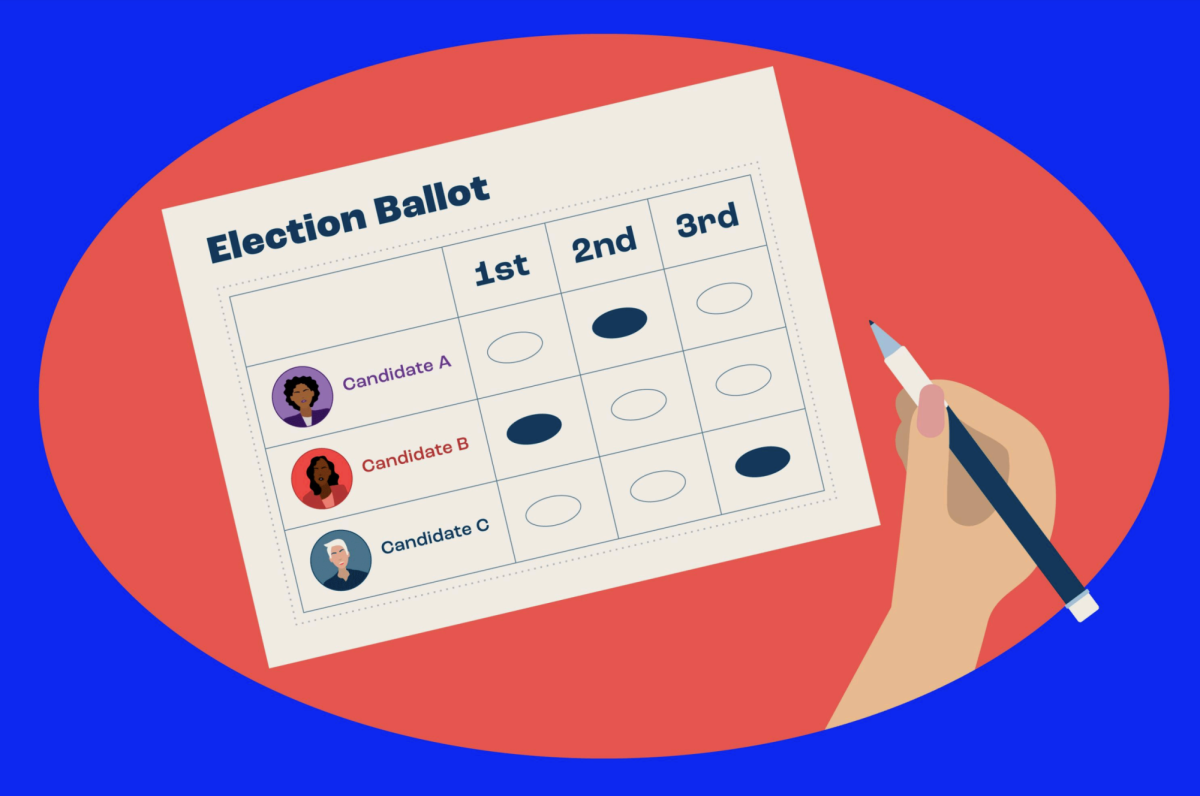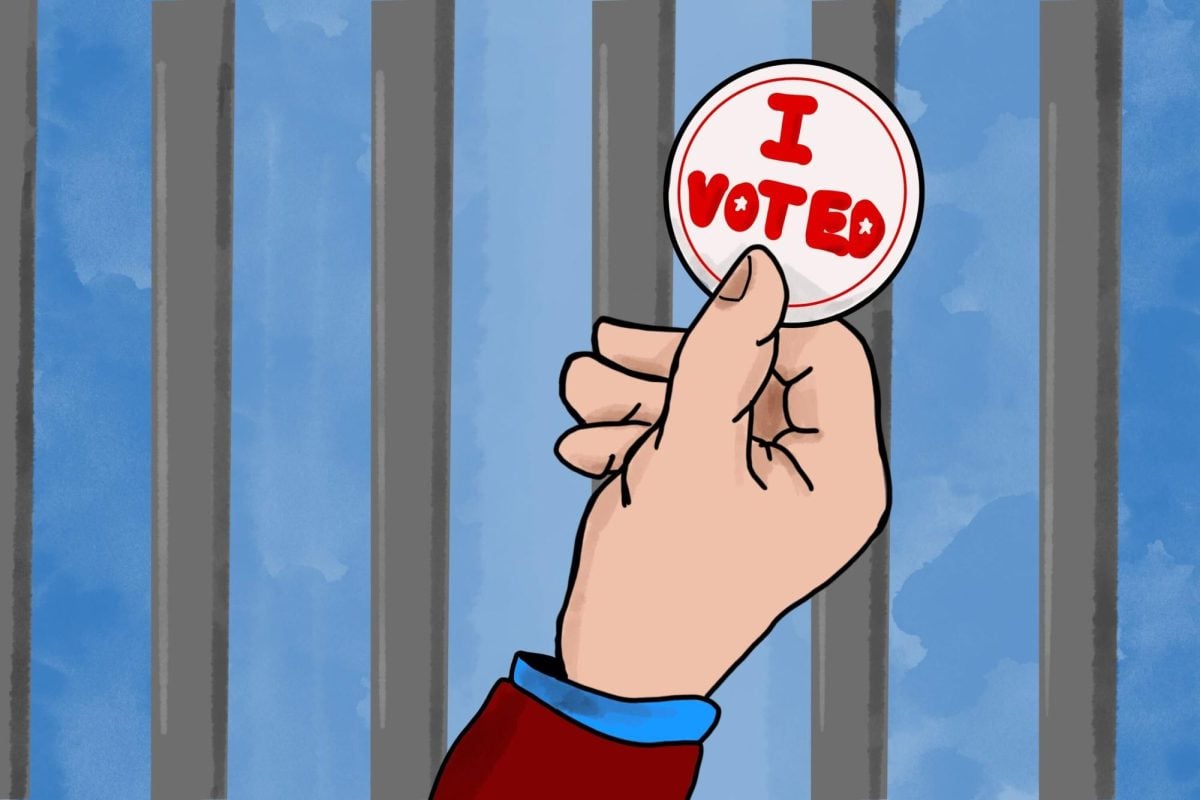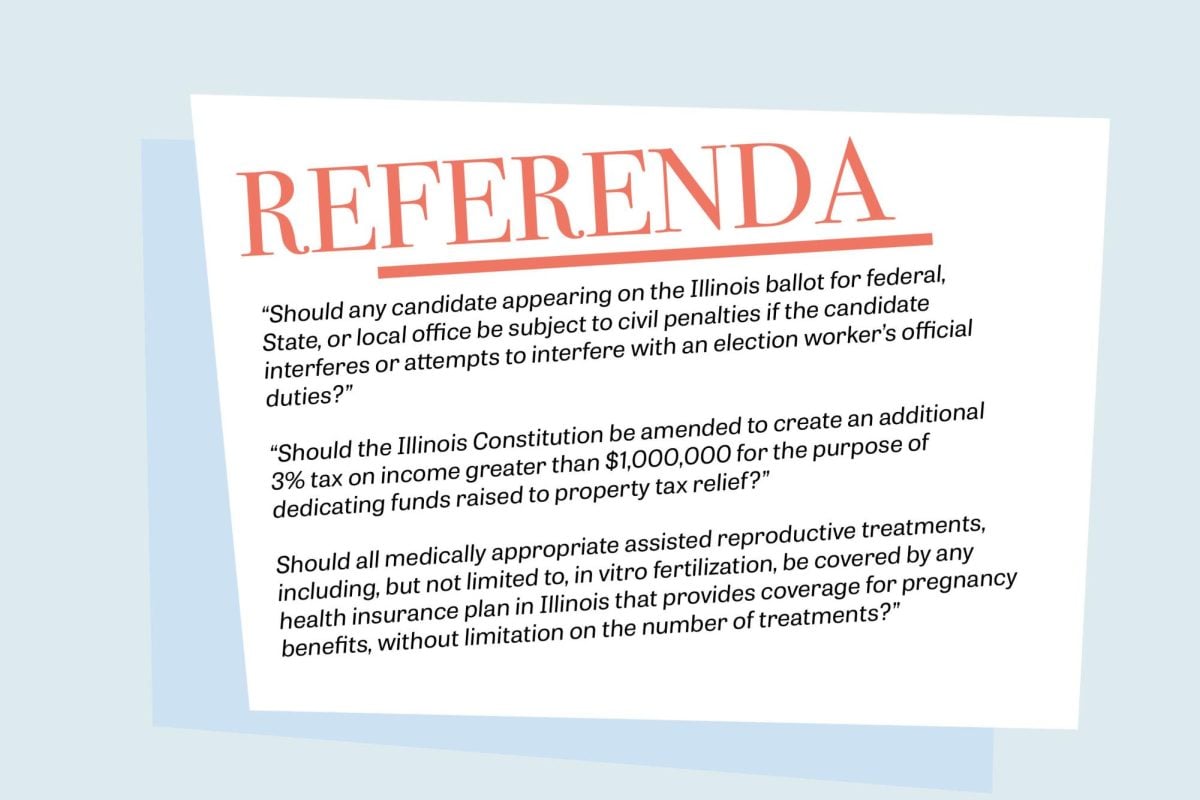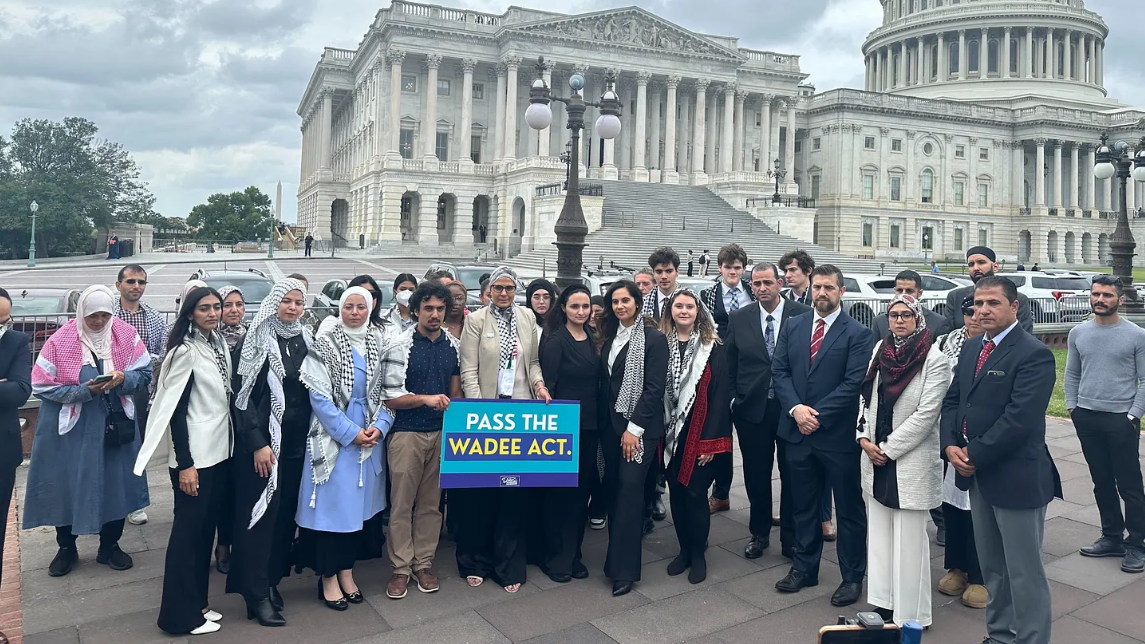President Barack Obama’s appointment of Richard Cordray to head the Consumer Financial Protection Bureau on Jan. 4 came with hopes of transparency and consistency in providing information and financial education to consumers, especially college students.
Although the CFPB has existed since 2010, it has never had a director. The newly created position will give the bureau greater powers of enforcement, experts said.
“The CFPB has one mission: to look out for consumers,” said Rich Williams, a higher education advocate at the U.S. Public Interest Research Groups.
For the general consumer population, this means protection from hidden fees and what the USPIRG calls “unfair, deceptive, abusive and discriminatory practices.” For college students, it means improving private student loans and regulating on-campus issuing of credit and debit cards.
“The agency is going to be working to make sure that there’s a transparent, clear marketplace, so that students taking out loans, looking at credit cards and debit cards, know what fees they’re looking at and so there’s no hidden fees,” Williams said. “Students (will) really have all of that information right up front.”
According to the National Center for Education Statistics, approximately 58 percent of Northwestern students received financial aid for the 2009-2010 school year, and 42 percent of students received that aid in student loans. According to Brian Drabik, assistant director at the Northwestern University Undergraduate Financial Aid Office, two-thirds of students take out private loans before exhausting cheaper federal options.
Private lenders often use aggressive tactics to secure agreements with students who do not fully understand their financial options, Williams said.
“Federally, I think students could learn more about payment options and loan forgiveness programs,” Drabik said. “It seems that there are a lot of programs that students could be tapping into that they’re not even aware of. I think that education is paramount.”
Education is among several ways the CFPB intends to help students make safer financial decisions. The bureau also is working to create standards for the ways in which colleges express their financial awards so that students can more easily compare options.
Another CFPB initiative pertaining to students involves protecting them from what Williams called the “tricks and traps” of credit and debit card companies. Banks sometimes include hidden fees in student options or use marketing practices – such as handing out T-shirts or pizza – to distract students from contract details, Williams said.
Recent legislation has outlawed such methods and attempted to make the financial market safer for consumers. According to the USPIRG, the CFPB plans to enforce the Credit CARD Act of 2009, which bans random rate hikes on existing balances and provides students with clearer information on interest rates.
“The consumer bureau has been actively working to be a watchdog for the students, so it’s already had a set of powers,” Williams said. “With the appointment of a director, they gain an additional set of abilities. They’ve gained the ability to make regulations, which they have not been able to do in the past.”
The CFPB will require both card issuers and universities to disclose all agreements pertaining to the marketing and distribution of credit cards exclusively for students.
Debbie Jemison, spokesperson for the Illinois Bankers Association, said she assumed that disclosure pertaining to card-issuing mirrors the disclosure involved with opening a new bank account.
The Illinois Bankers Association promotes education on both ends of the spectrum, informing banks of new rules and helping them comply.
“We’re just hoping that the new bureau will look to organizations like ours to help them when they’re developing some of these laws and rules,” Jemison said.
The new ability of the CFPB to enforce and create regulations to protect consumers and the efforts of banks to comply can provide consumers with a sense of comfort, Williams said. Student consumers can also take comfort that there is a section of the bureau dedicated to them, he said.
“It’s nice to know that there are going to be about a dozen folks whose sole job is making sure that students are protected,” Williams said.






